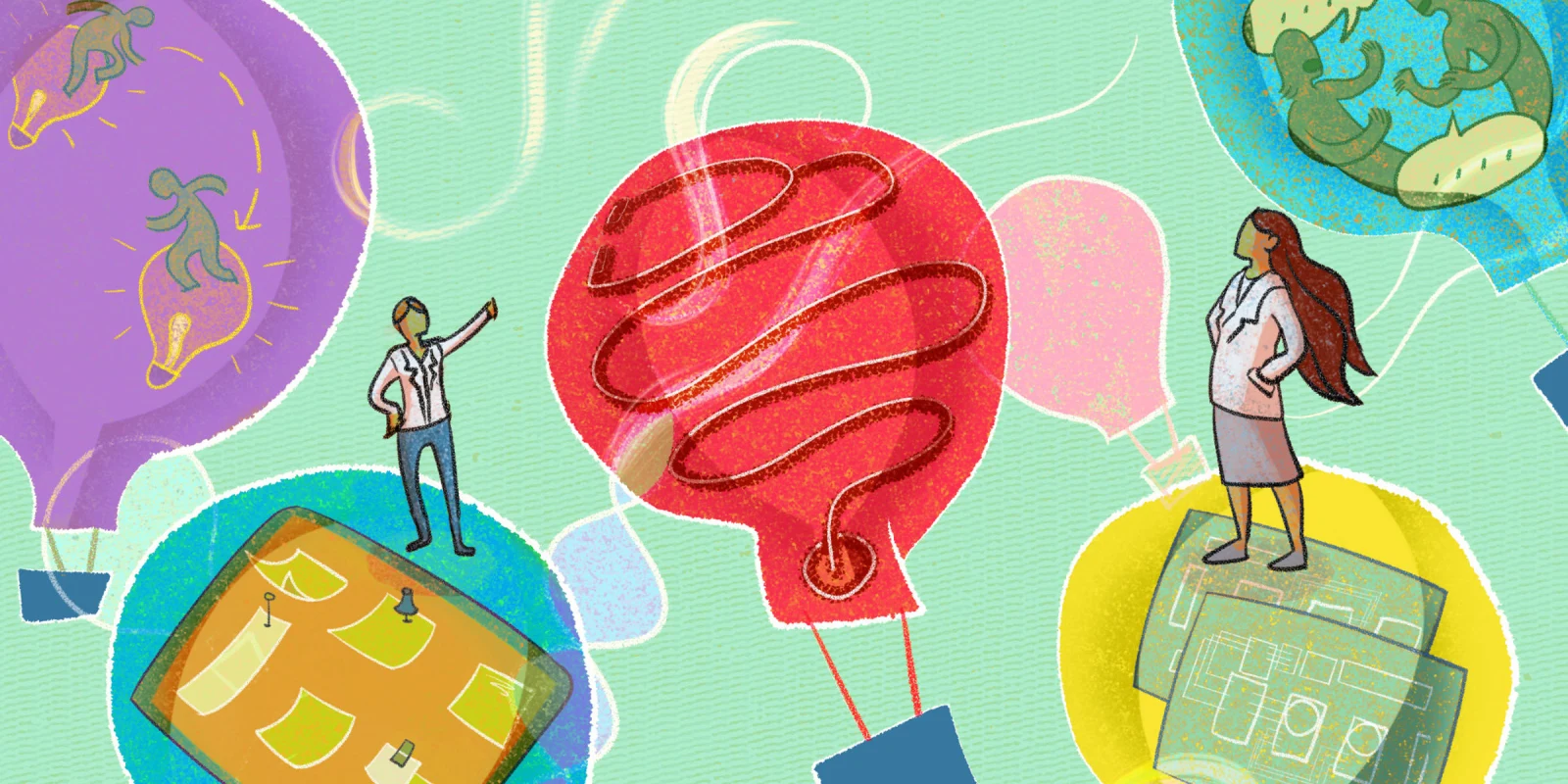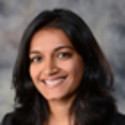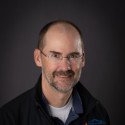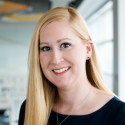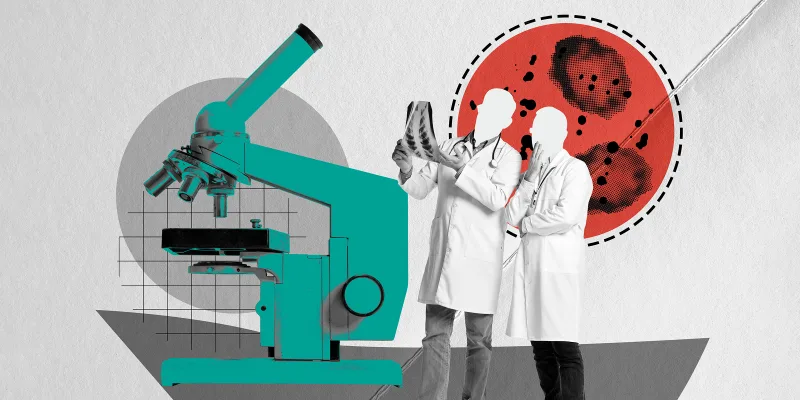I'm being introduced for my grand rounds talk at another institution. I sit in the front row of the auditorium with my hands folded. The doctor introducing me, the one who invited me to speak six months earlier, notes my numerous NIH grants amounting to millions of dollars, and she also cites my publications, too numerous to count. I survey the rows of people seated behind me. Younger physicians, possibly residents, listen with wide eyes as the introduction continues. One even mouths the word, "Wow." I smile. Then to thunderous applause from a packed venue, I walk up to the podium blushing and say into the microphone, "I'm so humbled." Then, I wake up.
The truth is, I don't have millions in research grants, or publications too numerous to count, but these accolades define success in academia. They are what inspires promotion and tenure. These were things that perhaps at one time, I aspired for, but now that I'm mid-career, I'm learning to define my own success, to embrace my achievements that may not be found in any grand rounds talk introduction.
Some of my proudest accomplishments come from positive interactions with colleagues and teams. For example, our practice utilizes scribes, and many of them have asked me for letters of recommendation and have told me that they love the way I interact with patients. I occasionally write limericks that make my colleagues laugh. In the earlier years of the COVID pandemic, I prepared extra chai for my colleagues – one of them calls it "the best chai in the world." I am known to break up patient rounds in the hospital with two minute yoga in the middle of the hallway – in between complex patients and stressful situations, taking a few extra breaths I've noticed helps to ease tension and make stressed out team members smile. These qualities of mine are things I have to keep investing in and sharing. No matter how tired I am on rounds, I need to remember that a few breaths in uttanasana is my mark on the morale of my team. These creative talents of mine are unique to me, but we all have our own. I have a colleague who never fails to show up with a Chantilly cake for any colleague who spends her birthday on service in the hospital. Yet another has hilarious stories about various patient encounters involving animals (including a bunny rabbit).
Creative quirks aside, I also recognize the quality that will translate to promotion: persistence. I do have grand rounds talks, but most of these were arranged by me, rather than an invitation. Late in 2023, I set a goal for myself to give grand rounds talks, something I had not done, but invitations were hardly pouring in. So, I contacted people I knew at other institutions. I posted on social media that I was looking to give grand rounds, and a few connections led to a few invitations. These talks were fantastic for me and my career development, as I met new people, fostered new connections, and most importantly, gained confidence.
Another item on my CV that was hard earned was my 2024 award for "Best Specialist" in my hometown. Again, I had set a goal for myself to improve the "awards" section on my CV. I emailed and texted colleagues I knew well and asked them to vote for me ahead of time, with trepidation. What would people think of me, soliciting votes? Shouldn't they just vote for me without being asked, if I truly was a "best" clinician? The process taught me a lot in the feedback I received. Some colleagues responded that they were going to vote for me anyway. Many said they would gladly vote for me, expressing appreciation for the work I do to care for patients. In the end, I felt that I had won even before the award recipients were announced.
Just as we know that patients are more than their diagnosis, physicians are much more than invited talks, grants, publications, and CV length. Although the standards for promotion in academia are not likely to change, as physicians, we can spark change by inspiring dialogue on the non-traditional successes of one another. And, achieving traditional academic success may mean creative routes to success that involve putting ourselves out there in a way that may not be comfortable. All physicians seeking to define themselves in a cutthroat academic world should identify their own strengths – we all have creative ones – and use those to the fullest. And as colleagues, we need to celebrate the qualities in each other that bring joy to the practice of medicine. I may not include my chai-making abilities in my bio for my next grand rounds talk. I may not get an award or an invitation for a talk that didn't involve my own persistence. But, I feel fulfilled knowing that I've used my creative strengths to make my mark in the academic world.
What's something you won't win an award for, but you're proud to do anyway? Share in the comments.
Devika Rao is a practicing pediatric pulmonologist in Texas. She enjoys writing, trying new vegetarian recipes, yoga, and spending time with her two boys and husband. Dr. Rao is a 2024-2024 Doximity Op-Med Fellow.
Illustration by April Brust
